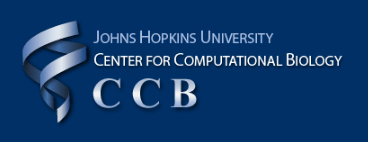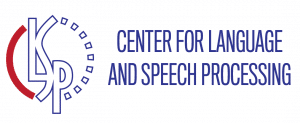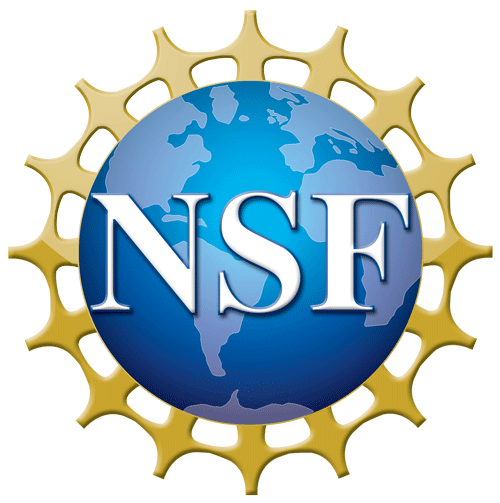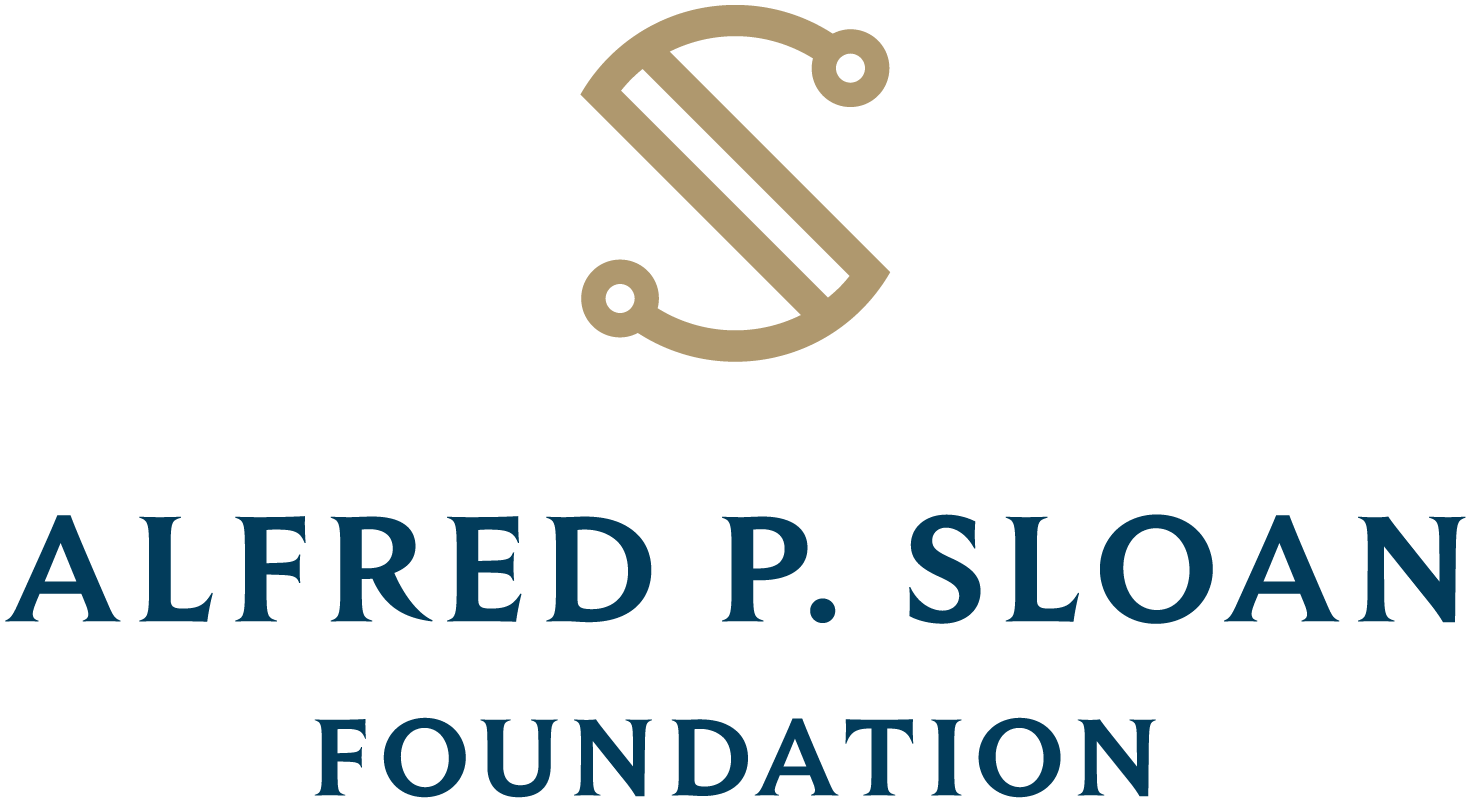Affiliate Organizations
MARCC is a shared computing facility located on the Bayview Campus of Johns Hopkins University and funded by a State of Maryland grant to Johns Hopkins University through IDIES. MARCC is jointly managed by Johns Hopkins University and the University of Maryland College Park. MARCC offices are located in the Bloomberg Building (Homewood campus). The group reports to the director of IDIES, Alex Szalay.
Research areas of the CEAFM faculty and students include fluid flow phenomena in engineering and science covering a wide range of spatial and temporal scales.
Examples include fluid flows that occur in:
-
- Fluid industrial, transportation, and manufacturing applications
-
- Ocean and coastal engineering
-
- Treatment of aquatic and air-borne contaminants
-
- Planetary atmospheres and oceans, rivers, subsurface waters, and fluids deep in the earth’s interior
-
- Biological systems, and
- Microscopic environments relevant to micro-fluidic engineering applications and aquatic and atmospheric chemistry and biology
Center for Computational Biology
The Center for Computational Biology (CCB) is a multidisciplinary center dedicated to research on genomics, genetics, and DNA sequencing technology. The CCB brings together scientists and engineers from many fields, including computer science, biostatistics, genomics, genetics, molecular biology, physics, and mathematics, all of whom share a common interest in gaining a better understanding of how genes and genomes affect biological functions. It develops and applies technology that uses sequence data to study a wide range of questions, including how genes cause disease, how genes change in response to different conditions within the cell, and how genomes evolve.
Center for Language and Speech Processing
The Johns Hopkins Center for Language and Speech Processing (CLSP) is an interdisciplinary research and educational center focused on the science and technology of language and speech. Within its field, CLSP is recognized as one of the largest and most influential academic research centers in the world. The center conducts research across a broad spectrum of fundamental and applied topics including acoustic processing, automatic speech recognition, big data, cognitive modeling, computational linguistics, information extraction, machine learning, machine translation, and text analysis. It is home to over sixty researchers, including faculty, research scientists, postdocs, graduate students, and undergraduates drawn from the departments of cognitive science, computer science, electrical and computer engineering, and mathematical sciences.
Hopkins Population Center
HPC stimulates and facilitates innovative, impactful research that combines the core strengths in social science, public health, medical science, and biostatistics in emerging areas of population research. HPC promotes innovative methodology beyond traditional demography to integrate systems science and computational modeling. HPC promotes exemplary interdisciplinary research that is translational to inform policy makers, with a priority on the growth of young investigators. Our research is rooted in four primary research areas:
- Poverty and Inequality
- Sexual and Reproductive Health
- Family, Maternal and Child Health
- Computational Population and Health Sciences
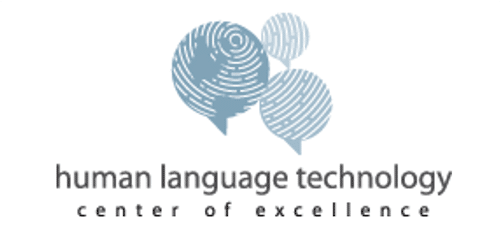
Human Language Technology Center for Excellence
The Human Language Technology Center of Excellence was founded in January of 2007 at Johns Hopkins University to focus on research in all aspects of speech and language technologies. Doing research at the center is exciting; our mission is to explore highly innovative technologies that could have a significant impact on challenging real-world problems. The center’s research focuses on advanced technology for automatically analyzing a wide range of speech, text, and document data in multiple languages. Our research addresses key issues in extracting information from massive sources of text and speech.


